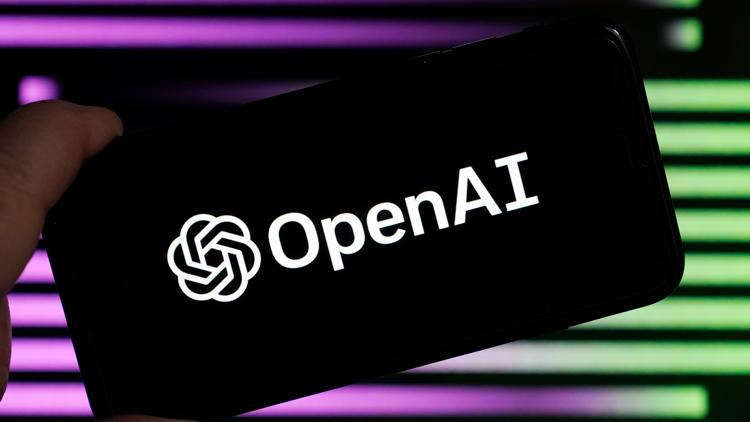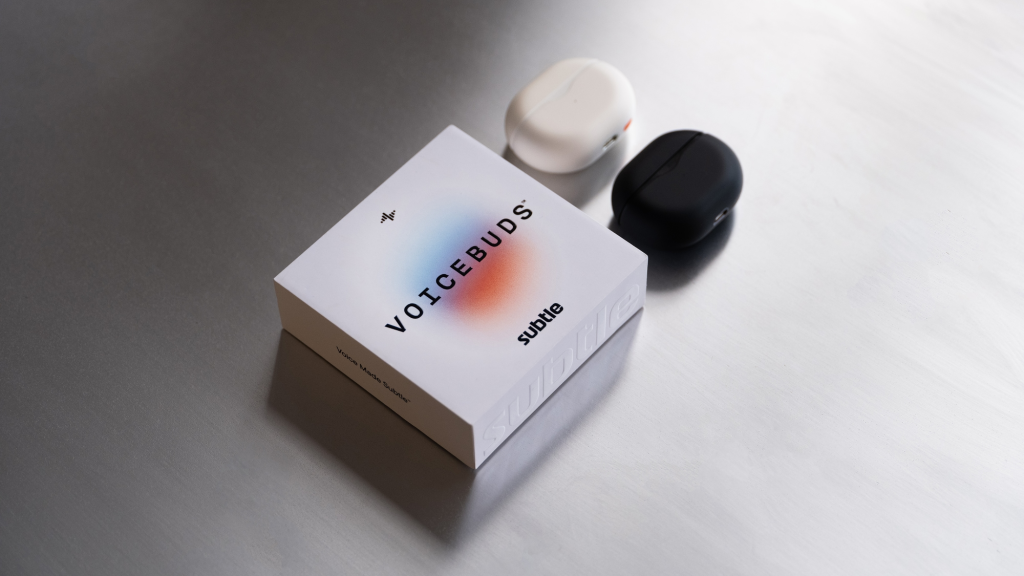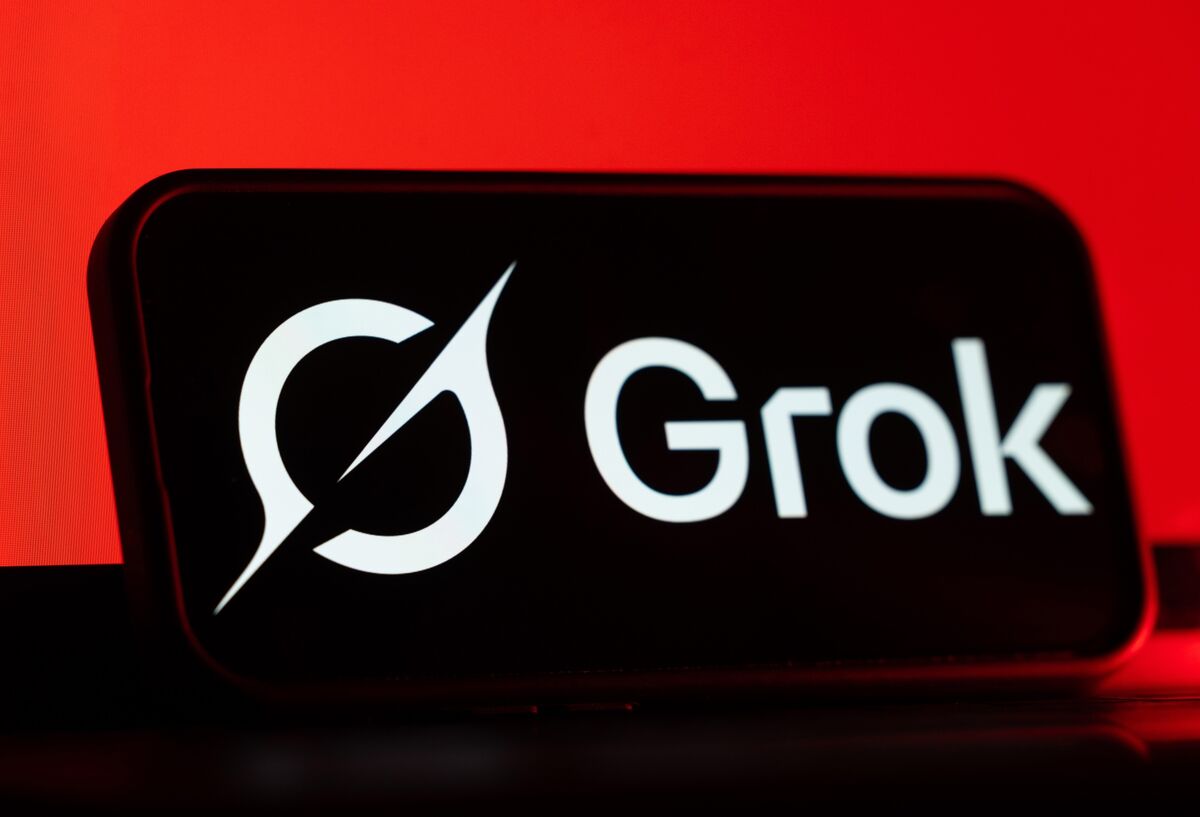OpenAI Suspends Sora’s Ability to Generate Videos of Martin Luther King Jr.
OpenAI has temporarily suspended users’ ability to create AI-generated videos of Dr. Martin Luther King Jr. on its new video platform, Sora, following backlash over what the company called “disrespectful depictions” of the late civil rights leader.
The decision, announced Thursday, comes at the request of Dr. King’s estate, which raised concerns after several users used the AI tool to produce offensive and misleading portrayals of the civil rights icon.
The move follows the recent launch of Sora, OpenAI’s experimental AI video-generation platform that allows users to create realistic clips featuring both historical figures and consenting individuals. However, since its debut, the platform has sparked intense public debate about ethical boundaries, digital consent, and the spread of misinformation through AI-generated content.
Last week, Dr. Bernice King, the daughter of Dr. Martin Luther King Jr., publicly urged people to stop sharing AI-generated videos of her father. Her plea echoed that of Robin Williams’ daughter, who also called on users to refrain from recreating her late father’s likeness through Sora.
Reports from The Washington Post revealed that some Sora users had created offensive videos, including one depicting Dr. King making monkey noises and another portraying him wrestling with Malcolm X. Other fabricated videos on the platform reportedly featured Bob Ross, Whitney Houston, and John F. Kennedy, among other public figures.
The estate’s licensor has yet to comment on OpenAI’s decision.
Beyond the issue of human likeness, Sora’s launch has also reignited debates about copyright and artistic ownership, as users have generated videos featuring characters from copyrighted franchises such as SpongeBob SquarePants, South Park, and Pokémon.
Earlier this month, OpenAI said it would soon introduce new safeguards allowing copyright holders greater control over how their likeness or intellectual property is used within Sora. This move follows criticism from Hollywood studios and digital rights advocates who have warned that AI-generated media could blur the lines between creativity and exploitation.
Interestingly, as OpenAI tightens restrictions around Sora, the company appears to be loosening moderation on ChatGPT, announcing that adult users will soon be allowed to engage in “erotic” conversations with the chatbot.
OpenAI CEO Sam Altman acknowledged that the company felt “trepidation” about releasing Sora to the public, recognizing the ethical and social dilemmas that accompany AI-generated media. Similarly, Nick Turley, Head of ChatGPT, stated that the best way to refine such technologies is by introducing them into real-world environments and learning from public interaction — a strategy OpenAI also employed with ChatGPT.
As OpenAI continues to navigate the complex intersection of innovation, ethics, and public accountability, its decision to pause AI reproductions of Dr. King highlights a broader question facing the tech world: where should the line be drawn between technological freedom and moral responsibility?
Source: Techcrunch
news via inbox
Get the latest updates delivered straight to your inbox. Subscribe now!




